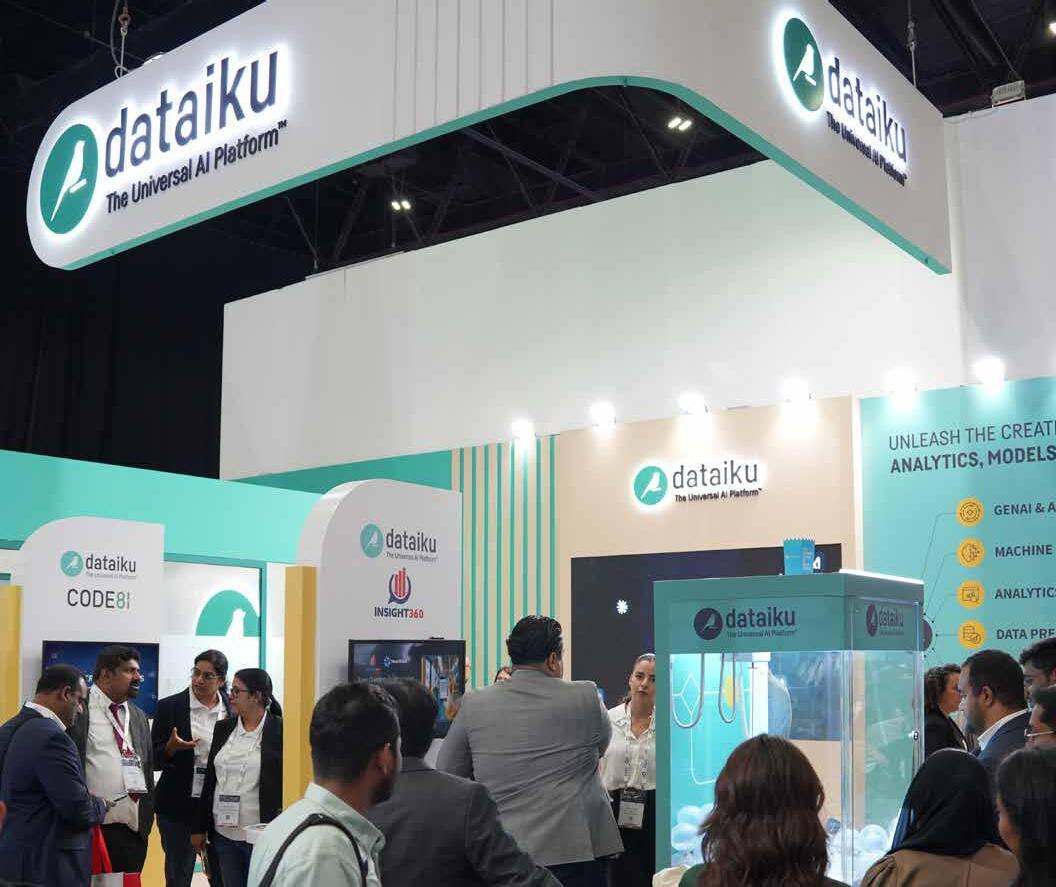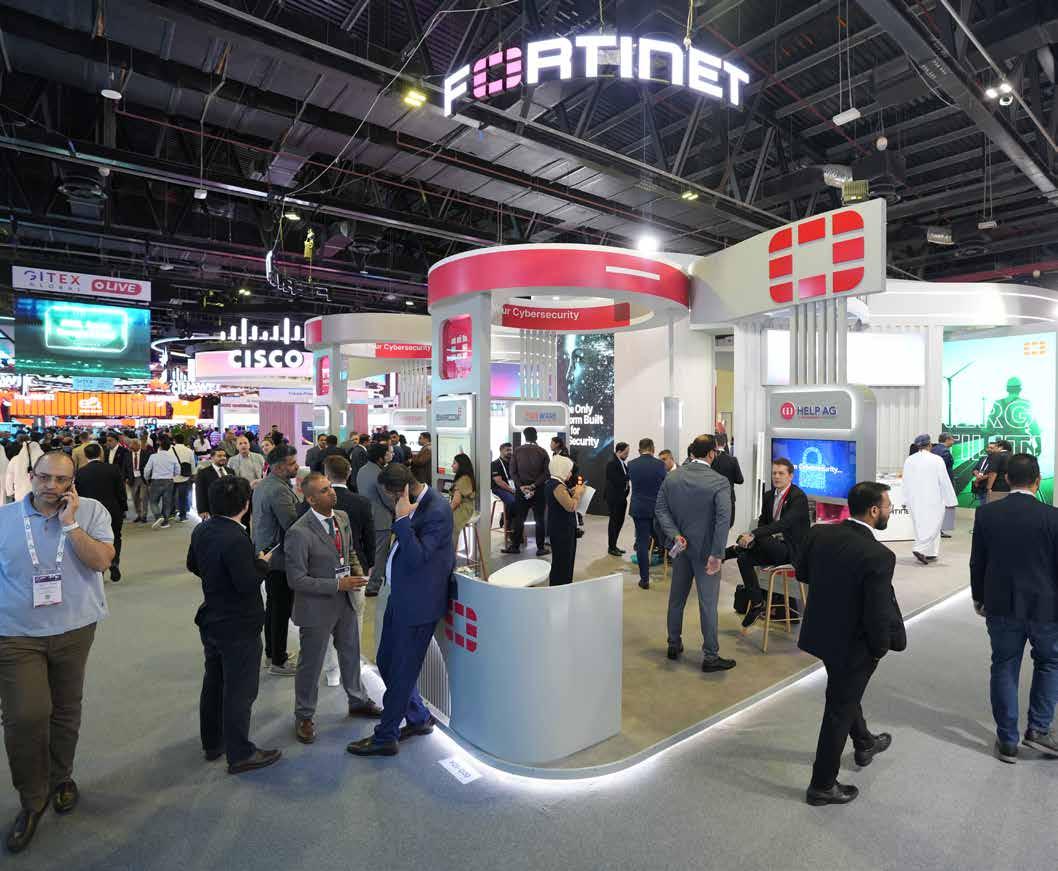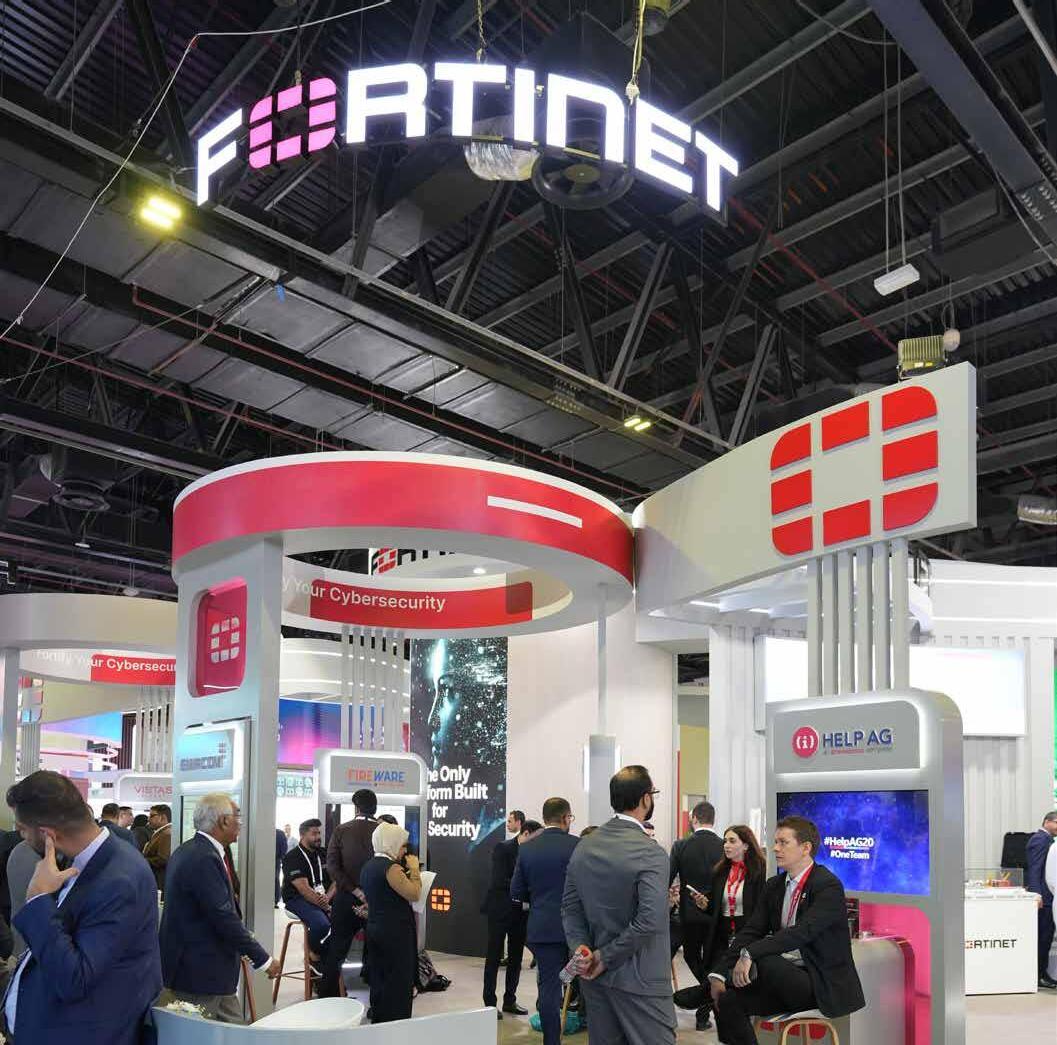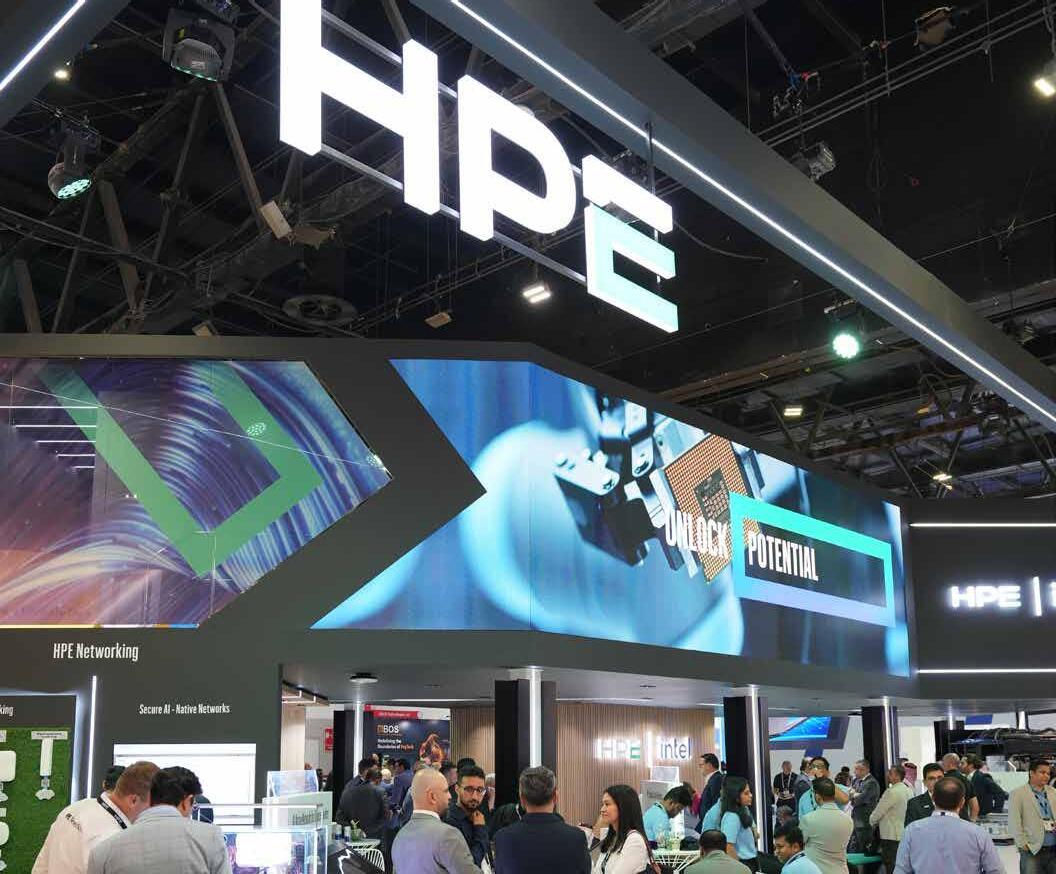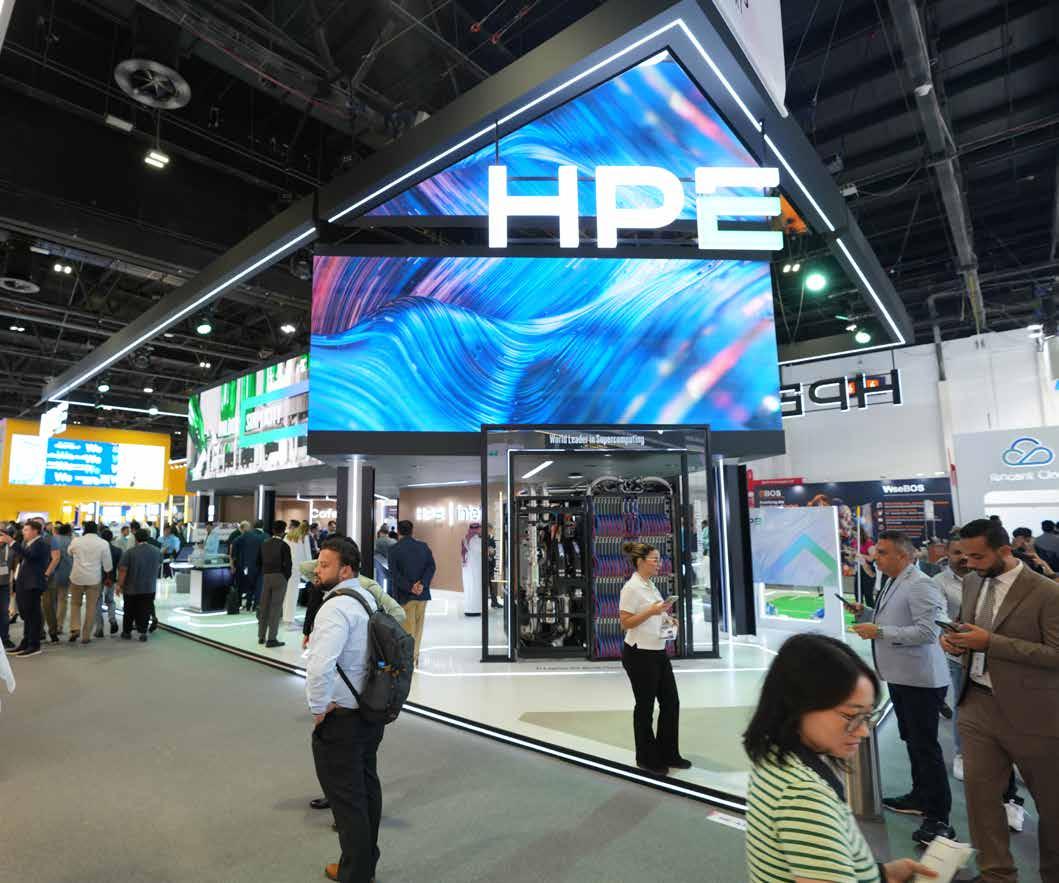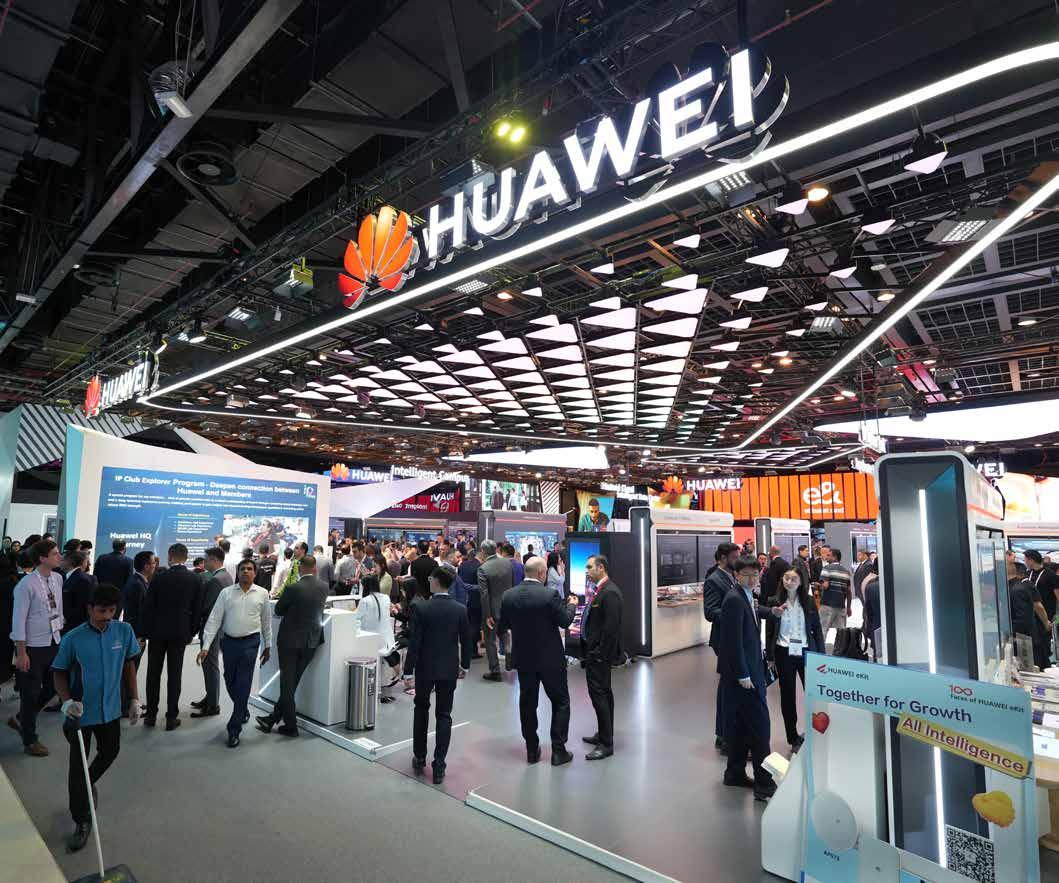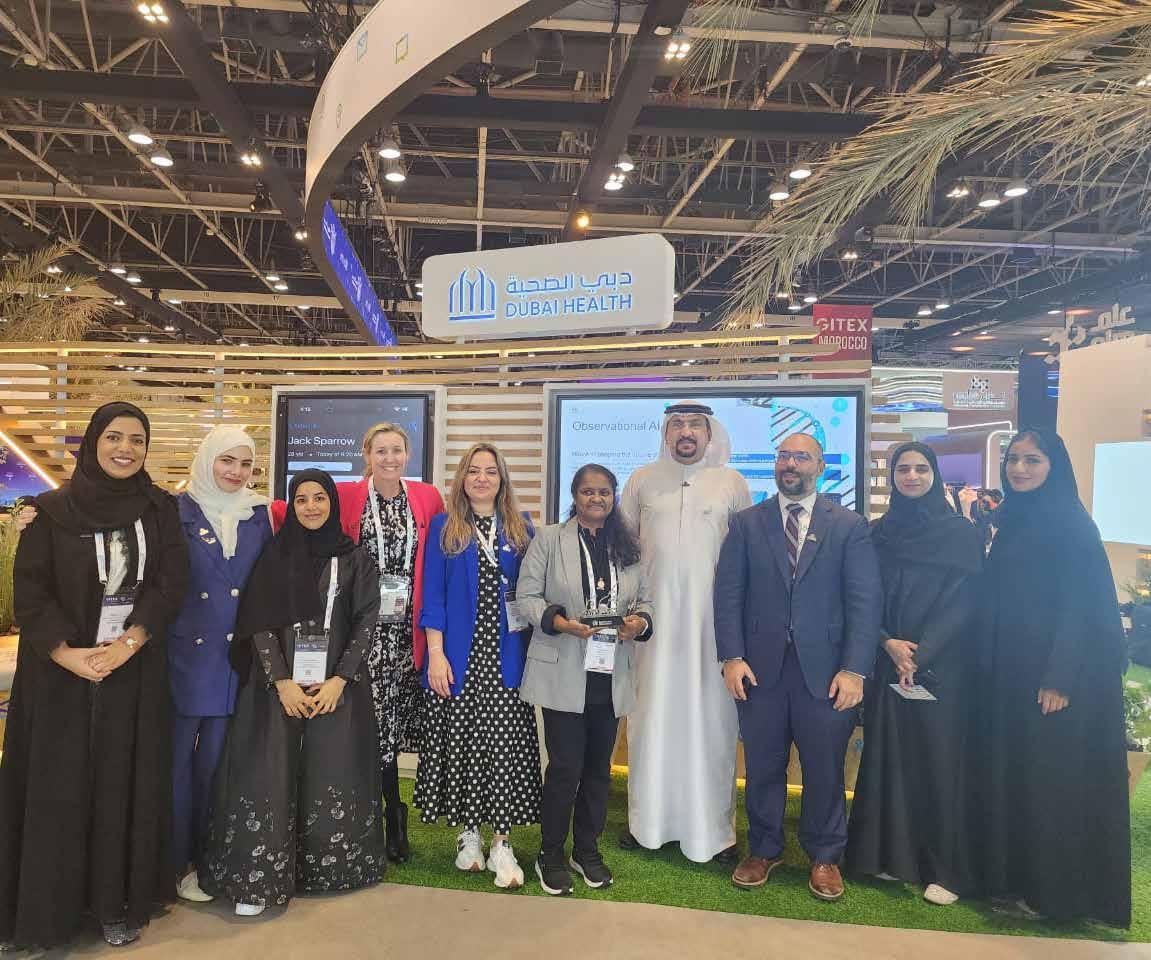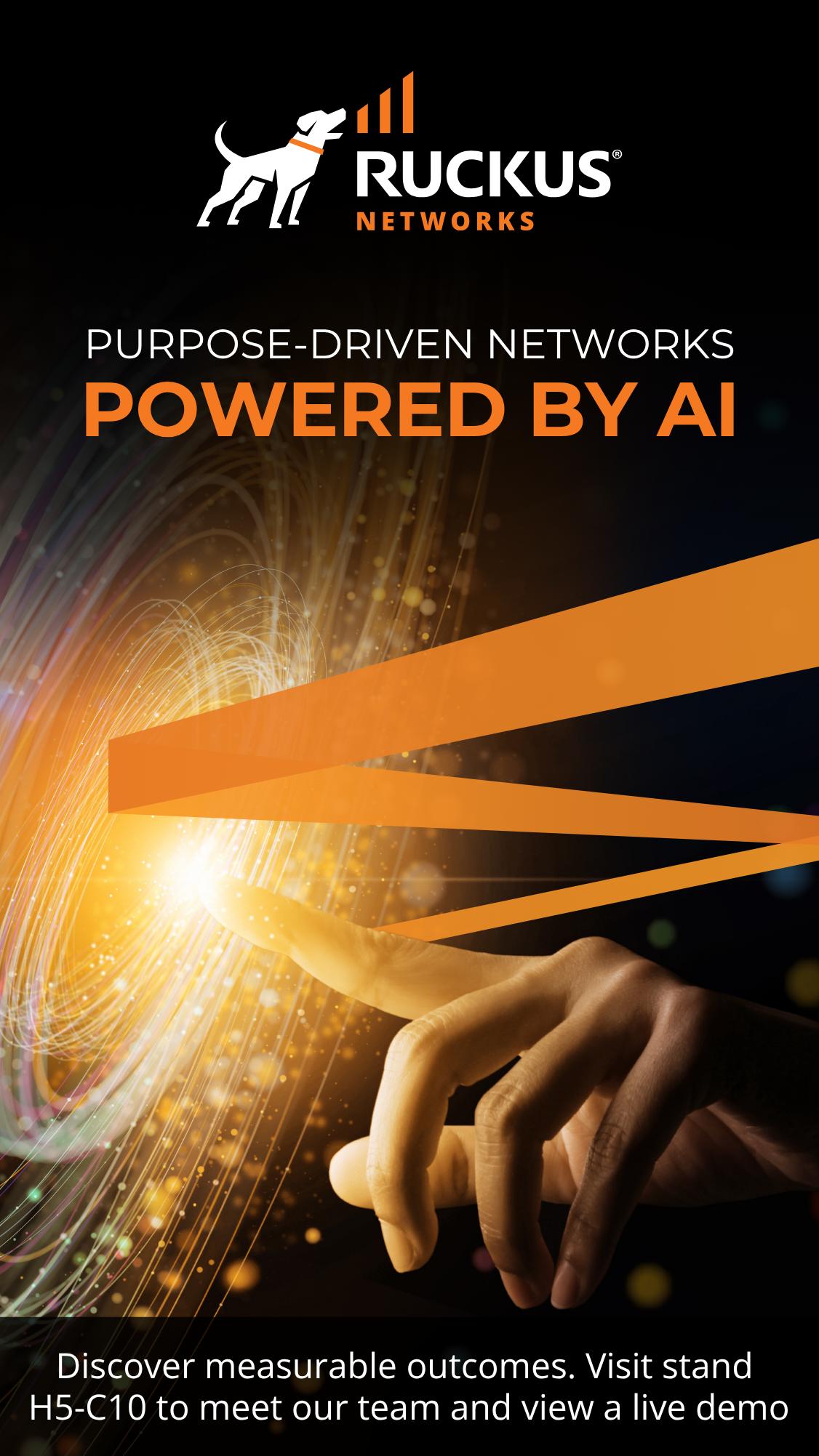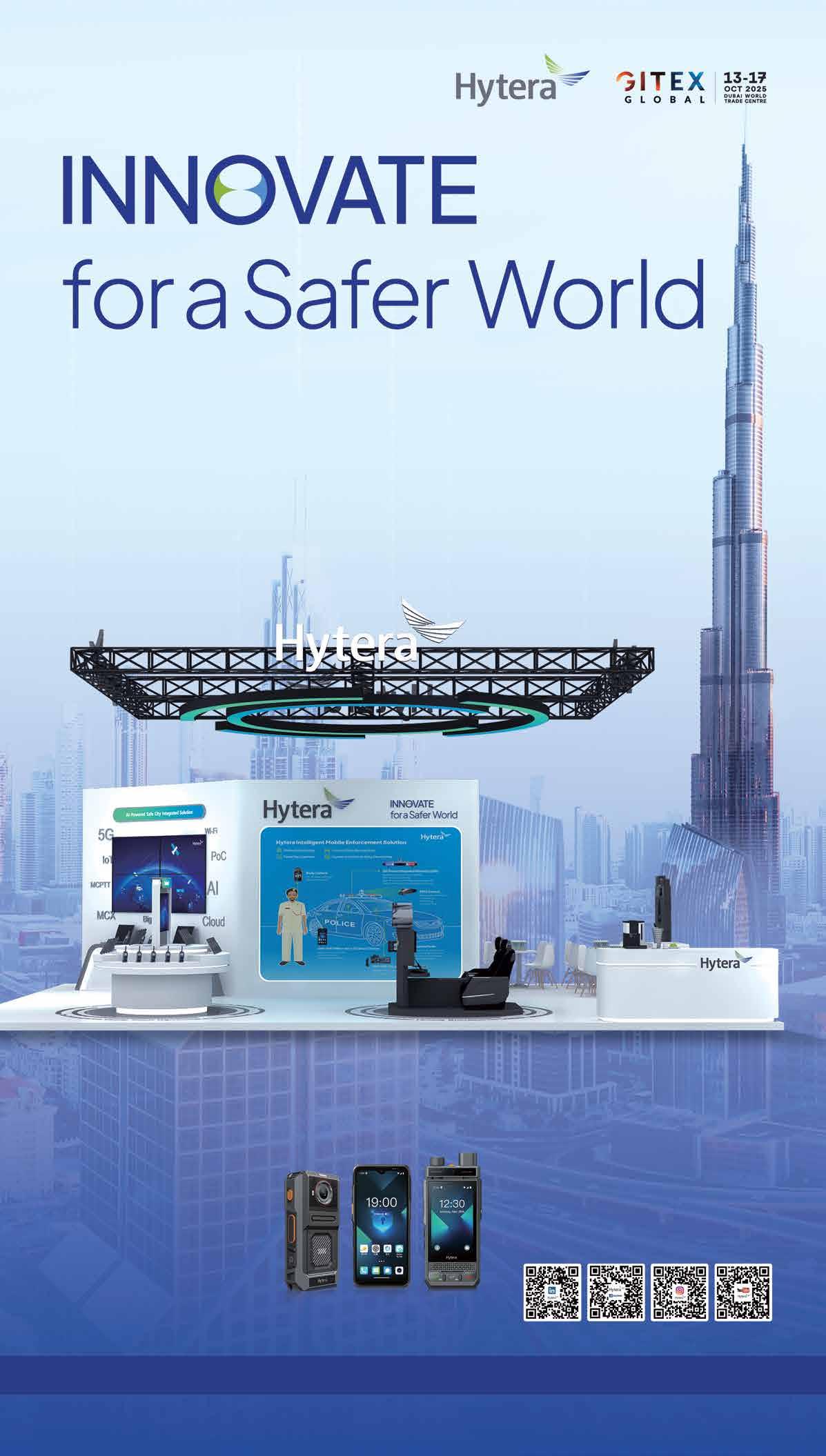
















At GITEX 2025, Veronica Martin spoke to Petra Schirren, President - Gulf Region, Ericsson, on how the household-name brand is driving 5G innovation, AI-led networks and talent development across the Middle East.
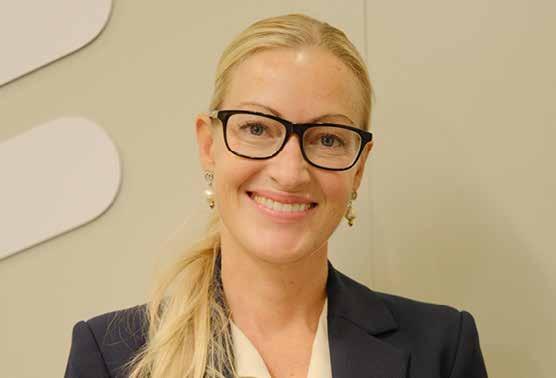
Ericsson has repeatedly talked about the importance of its channel ecosystem in the Middle East. What are the qualities Ericsson looks for in
strategic partners to drive innovation and ecosystem growth?
The full potential of 5G can’t be realised by a single player alone; it requires collaboration -
and that means bringing together customers, application providers, and system integrators to work in unison.
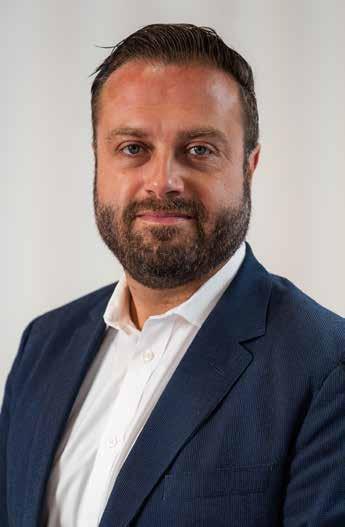
Rogier Egberink, VP, Sales, Quest and Paul Virgili, VP, Sales, Quest, outline the value of AI as a driver of economic diversification and the $350 million commitment made to their own platform in this exclusive interview.
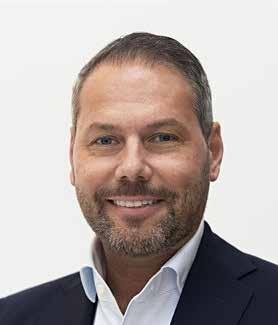
Quest Software talks about “building a foundation for trusted, AI-ready data at scale and speed.” What does that mean in practice, especially for organisations in the Middle East?
The excitement around AI here at GITEX is undeniable — there’s even a dedicated hall focused entirely on AI,
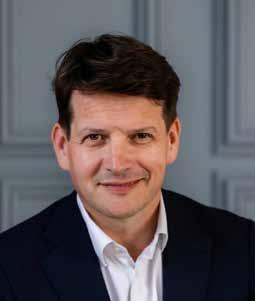
underscoring how central it has become to national visions and enterprise strategies across the Middle East. Yet, according to a recent MIT report, only about 5% of AI projects globally are considered true success stories.
With the digital and physical worlds becoming increasingly interconnected, organisations are under constant pressure to secure the latest devices and systems, said Robert McNutt, Chief Strategy Officer, Forescout Technologies.
McNutt explained that the modern threat landscape has evolved rapidly over the past two decades. “Over the last 15 to 20 years, humans have done a really good job of creating more and more things that can be connected”, he said.
“Fifteen years ago, we had laptops, computers, and printers, and that was pretty much it. Today, as you walk through GITEX, you see everything from ATMs and building control systems to robots and connected devices that manage heating, lighting, and energy”. He shared that every digital or physical connected device
Mahoud Nimer, President, StarLink, discusses their future aspirations and the limitless possibilities the Digital Era grants them in this exclusive interview.
Based on your recent announcement at Gitex, what is StarLink’s roadmap for the upcoming 5 years –What is your Vision for 2030?
StarLink announced its 5-year roadmap at GITEX 2025 - StarLink
5.0 is a futuristic plan and our vision for 2030 is to evolve from a leading cybersecurity value-added distributor to a unified digital transformation enabler, empowering enterprises across the MEA region with an integrated, secure, and intelligent technology ecosystem.
StarLink for the upcoming five-year journey toward 2030 is focused on advancing
cyber resilience, cloud transformation, agentic automation, enterprise AI, and digital infrastructure.
Our mission is to power the digital era with a steadfast commitment to enabling a secure future. By embracing cuttingedge technologies and leveraging the right resources, we continue to strengthen our position as a Trusted Digital Advisor - delivering resilient defence mechanisms that organisations can confidently integrate into their operations.
Safeguarding the entire ecosystem is our shared responsibility, and we remain fully dedicated
to driving the journey of digital transformation with trust, innovation, and resilience at its core.
How will the StarLink Unified Digital Platform serve as a catalyst for growth and innovation for vendors, customers, and partners across the digital ecosystem?
The StarLink Unified Digital Platform is built to revolutionise the way collaboration happens across our ecosystem. More than just a platform, it’s an intelligent, connected hub that unites our vendors, partners, and customers into

4 CONTINUED
What I’ve found is that when everyone contributes, the collective whole becomes greater than the sum of the individual parts. That’s absolutely critical. Especially with 5G, it’s much more than mobile broadband. Today, a single horizontal platform can provide services for consumers, enterprises, public safety, and mission-critical applications. That places higher demands on the network, but it also brings greater capabilities - and it truly requires the ecosystem to work together seamlessly.
For us, the key priorities are trust, reliability, and a strong focus on sustainability, which is extremely important. And of course, there’s the spirit of innovation: with enough determination and willpower, almost anything is possible.
4 CONTINUED FROM PAGE 1 Forescout...
could represent a potential target. “These devices could have hardware, software, and vulnerabilities that could be exploited. The more connected we are, the more the attack surface grows.
To secure these modern and diverse networks, organizations need deep asset intelligence, and a complete understanding of every device in their environment”.
McNutt emphasised that knowing what’s connected is the first step to securing it. “Before you can protect anything, you have to know what you have, what the landscape looks like, and then define the right policies”, he said.
He drew a clear distinction between traditional IT systems and operational technology (OT) environments — and the growing intersection
AI for us is all about operational efficiency, sustainability, and growth”
programme where they join Ericsson, participate in sessions, work on real projects, and even travel to Sweden to meet some of our R&D experts. We’ve just signed another MEU for Stage Two of this programme, which has been running for about a year.
The skills and talent void in the global IT industry has been well-documented, especially when it comes to technologies like AI. How is Ericsson fostering local talent and digital skills development in the UAE?
It’s extremely important for us because, to be honest, technology alone isn’t the end game; people are. It’s the people who decide how to use technology effectively. That’s why developing talent is so critical for us.
Let me give you a local example. We run several initiatives to support and accelerate young, talented Emiratis. For example, we have a
between the two.
“In IT, if something goes wrong, you typically lose information”, he explained. “A laptop gets compromised, and someone might steal a spreadsheet or some data. But in OT, if something becomes compromised, it translates into control over the physical world”. He continued, “If someone compromises an OT device, they can manipulate physical systems — turning off cooling, opening doors, disabling cameras, even triggering ATMs. These devices were never designed with 20 years of cybersecurity controls or antivirus protections in place. Today, they are connected to modern networks, making the risks far more profound”.
Forescout addresses such challenges by providing full visibility and risk prioritisation.
“We offer a complete understanding of all assets, assess their risk, and help customers focus their efforts
Beyond that, we also hire graduates and engage in university collaborations, offering talks, workshops, and educational sessions. To us, fostering talent is essential. Otherwise, what’s the point of all this technology if people aren’t trained to use it?
Ericsson also runs global initiatives like Connect to Learn, bridging the digital divide and supporting youth development. One exciting example happening this Friday is Young Women in Tech event, where we’ve invited daughters of our staff and customers, aged 16 to 20, to meet and learn from others in technology.
Our goal is to ensure that tech feels accessible, inspiring, and empowering. We want people, especially
where it matters most”, he said. “We also ensure compliance alignment — ensuring devices meet regulatory requirements and are patched and protected. When they can’t be patched, we automatically segment the network, enforce Zero Trust policies, and prevent compromised devices from becoming the next breach point”.
Focus on the ‘Zero Trust’ strategy McNutt strongly emphasised on the need to view Zero Trust as a strategy rather than a one-size-fits-all solution.
He said, “Unfortunately, there’s a lot of mixed messaging suggesting that a single solution can deliver full Zero Trust. But real Zero Trust spans across identity, network infrastructure, and assets — providing endto-end protection”.
He explained that effective Zero Trust requires separation of decision-making and enforcement. “No single tool should control everything”, he said. “If one product has
youth, to understand the potential of technology - not fear it - and see how it can make a real difference for both society and individuals.
In my capacity as a tech editor, I’m reading and hearing more and more about AI-driven networks every week. How is Ericsson leveraging AI to enhance network performance and automation?
“AI is integral to every part of our value chain. A key focus is embedding AI directly into our products, such as using self-learning algorithms to optimize energy usage and significantly reduce consumption. Sustainability remains central to our mission, and we aim to achieve Net Zero greenhouse gas emissions across our entire value chain by 2040. A major milestone on this journey is reaching Net Zero in our own operations by 2030, alongside a 50% reduction in emissions across our supply chain and portfolio - a goal
we are committed to achieving in collaboration with our customers.”
“AI also plays a major role in network operations. It helps with fault detection, performance optimisation, and operational efficiency, making networks faster and less costly to run. Beyond that, the data generated by these networks can be analysed with AI to uncover new revenue-generating opportunities, whether through new applications or services.”
“For us, AI is about operational efficiency, sustainability, and growth. It’s integrated across everything we do, from product design to network management and business development.”
What are some key applications of mission-critical connectivity in industries like public safety, transport, or energy?
If you look at public
safety, we have a variety of contracts worldwide. Traditionally, communication was mostly push-to-talk voice, but now we can provide broadband and video connectivity as well. This allows emergency servicespolice, fire brigades and ambulances - to respond faster, operate more securely, and enhance personal safety for both the public and the responders themselves.
Beyond public safety, we’re also active across ports, oil and gas, and airport operations, helping improve efficiency and enabling differentiated, missioncritical services.
Additionally, we hold contracts with various defence and government agencies, supporting needs such as border control, safety monitoring, and drone protection. With 5G and advanced connectivity, each network can be designed and optimised for its specific use case, allowing tailored solutions for a wide range of applications.
They’re relying on Forescout to orchestrate those different tools, so they operate cohesively and securely”.
“Talking to customers and vendors at GITEX, there’s a clear trend — organisations want established, proven solutions”, he said. “You’ll hear buzzwords like ‘AI-powered,’ but if a solution hasn’t been tested at scale, it’s difficult for sectors like government, healthcare, or financial services to depend on it”.
complete control, it also becomes the biggest target. That’s why modern organisations are implementing Zero Trust with multiple vendors, and they’re relying on Forescout to orchestrate those different tools, so they operate cohesively and securely”. McNutt observed a growing focus among enterprises on technologies that have demonstrated success at scale.
He added, “The attackers we’re defending against are not new — they’ve been doing this for decades and are getting better. It’s unrealistic to expect that a brand-new, untested technology will stop the next wave of sophisticated attacks. What matters is adopting proven technologies that have consistently protected networks across industries and geographies”.
McNutt stressed on the need for preparing for a world where cyber and physical systems are deeply connected.
He said: “The threat of attacks becomes greater as more robots, drones, and

autonomous vehicles get connected to networks. The threat is no longer about losing data from a spreadsheet, but more about protecting people interacting with these systems in the real world. In my view, the next era of cybersecurity will be defined by the ability to defend against complex and hybrid threats. At Forescout, we’re committed to providing the visibility, intelligence, and automation needed to make the future secure”. In conclusion, he described GITEX as one of the most dynamic technology gatherings. He said, “I’ve been several conferences around the world, but this is probably one of the most impressive in terms of diversity. There’s diversity not only in the businesses represented but also in the range of technologies, spanning from cybersecurity and network infrastructure to innovations that bridge the digital and physical worlds”.
The main reason many initiatives fall short is that the underlying data and security foundations simply aren’t built to support them.
That’s exactly where Quest focuses its expertise — and why we’ve recently committed $350 million to accelerate the development of our AI platform and capabilities. This investment is about enabling customers to build secure, governed, high-quality data ecosystems that can scale rapidly and power AI innovation with confidence. It means breaking down silos, ensuring data lineage and integrity, and embedding governance and compliance from the ground up.
In a region that’s investing heavily in AI as a driver of economic diversification — from Saudi Arabia’s Vision 2030 to the UAE’s National AI Strategy — getting the data foundation right is essential. Quest’s
mission is to ensure that these bold ambitions are supported by infrastructure that makes AI adoption successful and sustainable, not just experimental.
Cybersecurity remains a top concern globally. How is Quest integrating AI to help organisations in the region build resilience?
Cybersecurity is the backbone of trust — and trust is essential for successful AI adoption. As organisations accelerate their digital transformation and embrace emerging technologies, they are also prioritising stronger, more intelligent security strategies to protect their data, applications, and identities.
One of the most critical challenges we see today is securing hybrid identity environments.
As enterprises operate across on-premises and cloud platforms, the rapid growth of non-human identities— significantly expands the attack surface. At the same time, Tier 0 assets remain high-value targets that require the strongest possible protection.
Cyber threats are
becoming more sophisticated every day, and AI has become essential to staying ahead of them. Quest leverages machine learning and AI-driven analytics across our security and identity solutions to detect anomalies in real time, automate threat response, safeguard sensitive data and strengthen overall resilience.
Quest solutions enable organisations to work proactively and try to prevent next attack which helps organisations to strengthen their current defence chain.
Everything to protect one on of the most important assets a company have, their Data.
Migrating to modern platforms for AI readiness is one of Quest’s strategic pillars. How does this support customers in the Middle East on their digital transformation journey?
AI readiness isn’t just about algorithms — it’s also about the infrastructure that supports them. Many
organisations still rely on legacy systems that simply weren’t designed for the speed, scale, and complexity of AI workloads that today’s worlds require. Quest helps bridge that gap by modernising databases, data applications, and platforms to scalable architectures.
We work closely with customers to ensure migrations are seamless and secure— all while optimising for performance and cost.
This is particularly relevant in the Middle East, where investment in cloud, data centres, and digital hubs is growing at one of the fastest rates globally. By modernising platforms, organisations can unlock the agility they need to deploy, and scale AI solutions quickly.
How does Quest demonstrate its longterm commitment to the Middle East region as part of its global AI and data strategy?
The Middle East is one of the most exciting regions in the world when it comes to Artificial Intelligence — and Quest is deeply committed
Quest leverages ML and AI-driven analytics across our security and identity solutions to detect anomalies in real time”.
one cohesive digital experience.
By integrating advanced automation, analytics, and AI-driven insights, this platform enables seamless engagement, faster innovation, and greater operational efficiency. It empowers enterprises, partners, and vendors to adopt, integrate, and scale next-generation technologies with agility and confidence - all within a single, secure, and collaborative environment.
The StarLink Unified Digital Platform embodies our vision of a truly interconnected ecosystem - one that accelerates digital transformation and redefines how value is created, shared, and sustained in the digital era.
StarLink offers a comprehensive technology portfolio — how do you support and add value to your vendors’ growth journey?
At StarLink, we go beyond traditional distribution - we serve as a strategic growth enabler and a true extension of our vendors on the ground. Our goal
to being part of that journey. Our recent $350 million investment into our AI platform underscores our belief in the transformative power of AI and our determination to bring those capabilities to our customers worldwide, including here in the region.
Our strategy is built around longterm investment and partnership. That means expanding our regional presence, growing our partner ecosystem, and building local expertise through training, enablement, and knowledge-sharing initiatives. A key part of this approach is our collaboration with leading technology partners such as
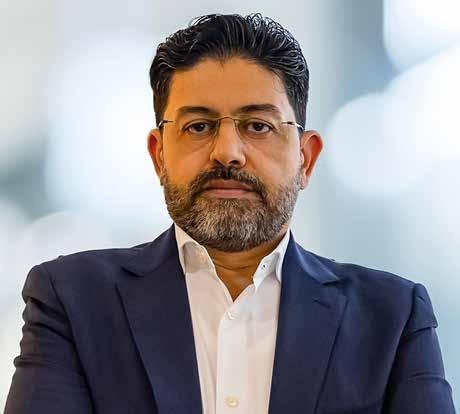
is to empower vendors throughout their growth journey by delivering tangible value and measurable outcomes. Through our robust Unified Digital Platform, we accelerate market entry, expand regional reach, and drive customer adoption across the MEA region.
From go-to-market strategy and sales acceleration engines to technical enablement, demand generation, and post-sales support, StarLink provides comprehensive, end-toend empowerment.
This holistic approach enables our vendors to scale faster,
strengthen their channel ecosystem, and achieve sustainable growth in an ever-evolving digital landscape.
What advice would you give to organisations striving to redefine possibilities in their digital journey?
In today’s rapidly
evolving digital landscape, organisations cannot afford to remain static. Redefining and evolving their digital transformation journey are essential not only to drive innovation but also to stay resilient against an increasingly sophisticated threat environment.
Microsoft, Snowflake, and Databricks. By integrating Quest solutions with their platforms, we enable customers to build scalable, AI-ready data environments, enhance interoperability, and accelerate time-to-value for their AI initiatives. We’re also working closely with governments, enterprises, and regulators to align our solutions with national priorities — from AI and data sovereignty policies to smart city and cybersecurity programs. This collaborative approach ensures that our technologies don’t just meet global standards but also address local needs and ambitions.
Safeguarding the entire ecosystem is our shared responsibility”.
Partnering with trusted digital enablers and leveraging integrated ecosystems — such as the StarLink Unified Digital Platform — allows organisations to navigate this complexity with confidence. Through these collaborations, enterprises can accelerate adoption of next-generation technologies, optimise operational efficiency, and implement robust security and compliance frameworks.
By combining strategic guidance, advanced technology solutions, and a collaborative ecosystem, organisations can future proof their operations, ensuring they are not only secure and compliant today but also fully prepared to embrace the opportunities of tomorrow’s digital era.
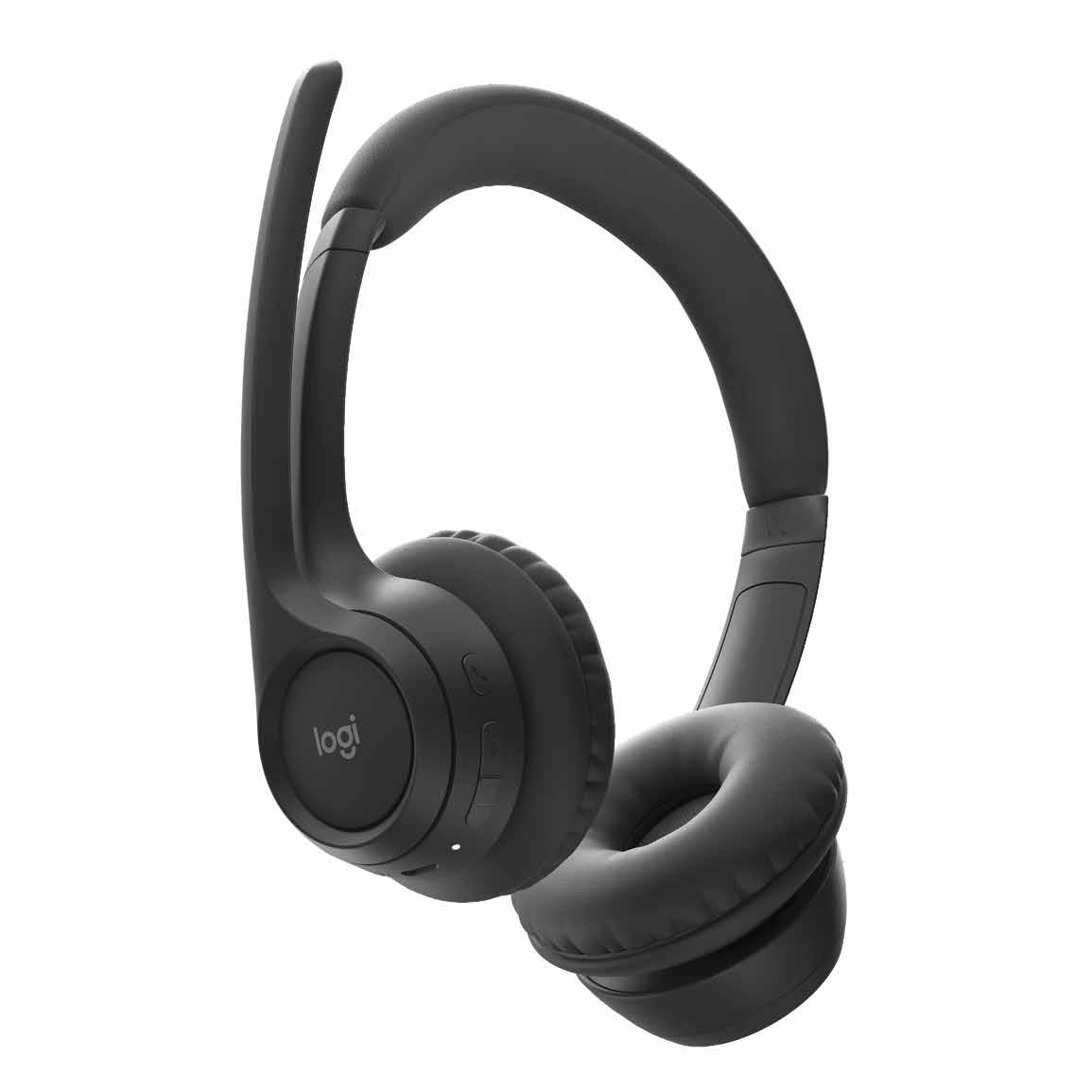
PartnershipdeliversmodernPKIandcryptographicvisibilitysolutionstohelpenterprises strengthencomplianceandresilience.

CyberKnight, a leading cybersecurity valueadded distributor (VAD), recently announced that it has joined the Keyfactor Partner Network to deliver advanced machine identity management, modern PKI, certificate lifecycle automation, and cryptographic inventory solutions across the Middle East and Africa. This new alliance addresses the region’s growing demand for digital trust as
organisations accelerate cloud adoption, digital transformation, and compliance initiatives in key sectors such as finance, government, and healthcare.
The 2025 Gartner Market Guide for PKI and Certificate Management reports that 67% of enterprises now prioritize machine identity management due to rapid device expansion and cloud migration. Similarly, Forrester’s most
recent Wave recognised Keyfactor as a leader for “comprehensive certificate orchestration and automation”. Regional momentum reflects this trend, with PKI solutions in MEA projected to grow at a 22% CAGR through 2027, fuelled by emerging compliance frameworks and increased IoT adoption.
CyberKnight continues to advance digital trust in MEA through its extensive cybersecurity
portfolio, regional reach, and expertise in Zero Trust Security, identity management, and OT/IoT protection. With a network of over 400 partners, CyberKnight supports enterprises in securing critical infrastructure, simplifying compliance, and accelerating secure digital initiatives.
As part of this collaboration, organisations will gain access to Keyfactor’s latest
Our partnership with Keyfactor meets the region’s urgent need for automated machine identity protection”.
technologies—including the Keyfactor Command platform, Automated Certificate Renewal Engine, PKI-as-a-Service, and Cryptographic Inventory platform. The inventory solution enables enterprises to discover and classify all cryptographic assets, automate certificate and key management, and reduce operational and compliance risks. It also equips organisations to address emerging post-quantum security challenges, enhancing resilience against evolving threats.
New collaboration provides access to China’s leading Enterprise Cloud & AI Services to regional companies for the first time.
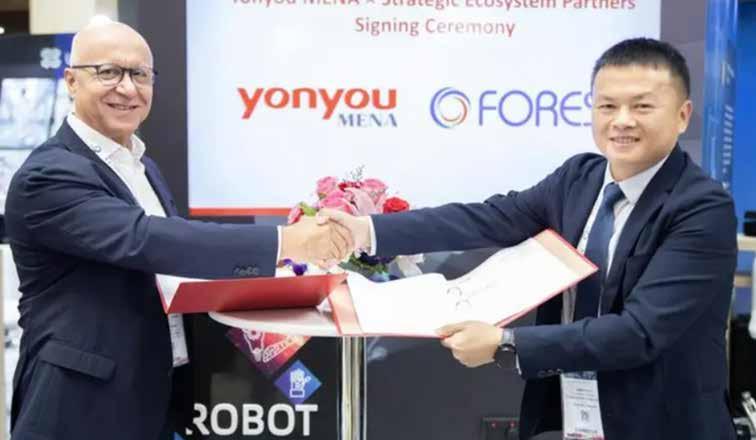
Foresee Solutions, a leading UAE-based technology consultancy in the Middle East, has signed a distribution and integration partnership with Yonyou, one of China’s biggest providers of enterprise management solutions and cloud services, at GITEX Global in Dubai this week. Under the partnership, Foresee Solutions will offer Yonyou’s transformative ERP solutions across the Middle East to organisations in sectors including construction, manufacturing, food &
beverages, and retail and distribution.
The collaboration aims to support businesses in achieving greater operational efficiency, data-driven decisionmaking, and sustainable growth through a range of advanced solutions
tailored to the specific needs of companies in the region.
Nizar Badwan, CEO, Foresee Solutions, said: “We see huge potential for Yonyou’s industryleading platform and solutions throughout the Middle East. As one
“Our partnership with Keyfactor meets the region’s urgent need for automated machine identity protection”, said Avinash Advani, CEO & Co-founder, CyberKnight. “Supported by CyberKnight’s VAD ecosystem and technical expertise, our joint offering provides CISOs with a seamless path to stronger identity-first security and compliance”.
“Organisations are facing unprecedented disruption, from the rise of agentic AI and quantum computing to tightening compliance requirements and shrinking Transport Layer Security (TLS) certificate lifespans”, said Louise McEvoy, SVP Global Channel Sales, Keyfactor.
“Our collaboration with CyberKnight extends Keyfactor’s ability to help enterprises across the Middle East and Africa stay ahead of these shifts with complete visibility, automation, and control across every machine identity”.
The Keyfactor Partner Network brings together solution providers, OEMs, integrators, and distributors to address challenges in PKI, certificate lifecycle management, and identity automation— offering comprehensive enablement and support resources.
We see huge demand for premium enterprise solutions for companies of all sizes that need solutions tailored for their specific needs”.
of the region’s longest established technology partners, we’re excited to leverage our unique understanding of the market and extensive network of customers to bring these new enterprise and dynamic solutions to
the region”.
Founded in 1988, Yonyou offers a comprehensive suite of solutions across ERP, financial management, customer relationship management (CRM), and human capital management solutions.
The company, which is headquartered in Beijing, currently has a footprint covering China, SEA region, Middle East, and Africa.
Robert Guan, GM of Yonyou MENA, Yonyou, said: “Yonyou’s ERP solutions feature deep localisation and integration capabilities making them a popular choice for organisations across all sectors in Asia, and we’re excited to unleash these same capabilities in the Middle East, where we see huge demand for premium enterprise solutions for companies of all sizes that need solutions tailored for their specific needs”.
The collaboration brings together Youyou’s global technology capabilities with Foresee’s regional expertise and customer reach, establishing a strong foundation for innovation across the Middle East.


TheExpertBookP5(P5405)isasolidbusiness-centriclaptopmadeforAI.
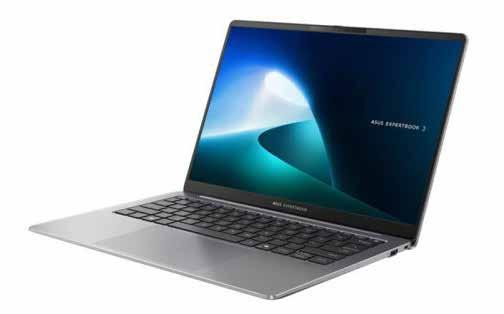
Business laptops often offer mostly just the basics, considering that their target audience (in this case, business users) need a device that’s capable of handling heavy workloads while having long battery life, not to mention a portable build. Enter the ASUS
ExpertBook P5 (P5405), part of the company’s line of business-focused AI PCs with Copilot+, aimed at enhancing productivity that’s suited for any professional.
The P5405’s design is straightforward, with an aluminium chassis that’s lightweight and designed to meet military-grade
durability standards. The size matches most 13-inch laptops, allowing it to be easily bought anywhere.
Opening the lid reveals the 14-inch WQXGA (2560 × 1600) anti-glare display. At 144 Hz, it’s super smooth, and the coating on the screen effectively removes reflections, which can be a distraction while working.
The P5405 excels in daily tasks, allowing us to complete our work, even lasting a whole workday on a single charge”.
The top part houses the integrated webcam that comes with a privacy shutter and supports Windows Hello. The isolated keys on the keyboard make it a joy to type on, though we would have liked the cursor keys to be a little bit larger. There’s a dedicated Copilot key, letting users
easily open Microsoft’s AI-powered companion and a built-in fingerprint reader on the power key. I/O ports are situated on the left side, featuring two Thunderbolt 4 USB-C ports, an HDMI out port, a USB-A port and a combo headphone and microphone jack. A single USB-A port can also be found on the right side.
Running on Windows 11, ASUS has loaded the P5405 with up to an Intel Core Ultra 7 258V processor with a 47 TOPS NPU, 32 GB of RAM and a 2 TB SSD. We used the P5405 connected to an external screen and brought it on-site as we worked at different locations. It breezed through all our tasks when we used it for two weeks straight, with no slowdowns or hiccups.
The specifications allow the Copilot app to run
Kaspersky Premium for Windows received the annual ‘Approved’ certification by testing lab AVComparatives for high Anti-Phishing results.

In 2025, Kaspersky Premium for Windows received the annual ‘Approved’ certification by leading testing lab AV-Comparatives. This was given to Kaspersky Premium for detecting 93% of phishing URLs, demonstrating strong anti-phishing capabilities powered by AI technology and a commitment towards safeguarding users’ digital life and privacy.
Phishing remains one of the most dynamic online fraud threats, constantly evolving and becoming more complex in light of new technology. The active use of artificial intelligence (AI) by cybercriminals allows them to create fake email and web pages faster and generate plausible audio and video content, thus making phishing attacks targeted and even
These high results showcase the advanced protection our security solutions provide, giving users an extra layer of digital security”.
particularly sensitive ones such as online banking, were not misguidedly blocked.
Since 2011, Kaspersky’s consumer solutions have regularly participated in Anti-phishing tests by AV-Comparatives and have demonstrated stable, high results. In particular, Kaspersky achieved a 93% detection rate with 0 false positives in 2025 and 2024 and was awarded with the “Approved” certificate.
effortlessly, answering our queries in seconds compared to other laptops, where it would take minutes. Special mention goes to the ASUS ExpertMeet, an on-device assistant that uses AI to help transcribe and translate recorded meetings. The best part? It works natively on-device, so it will work even when the laptop is offline.
The P5405 excels in daily tasks, allowing us to complete our work, even lasting a whole workday on a single charge. Cooling performance stands out, as the laptop effectively dissipates heat with fans that do not become overly noisy. For AED 4,899, the ASUS ExpertBook P5405 is a well-balanced business laptop that’s perfect for any business professional looking for a portable AI powerhouse.
more sophisticated. This necessitates increased caution on the part of users, as well as tools which are highly effective at the detection of phishing attempts, such as Kaspersky cybersecurity solutions which have consistently demonstrated advanced capabilities in this field.
In the 2025 evaluation by AV-Comparatives, a range of security solutions were tested with more than 200 phishing URLs. To complete certification, a product needed to block at least 85% of these phishing sites. Additionally, a false-positive test was performed to verify that legitimate websites,
Anti-phishing protection powered by AI
To ensure advanced cyber protection against increasingly complex phishing threats, Kaspersky actively amplifies its consumer solutions with AI-powered tools. Kaspersky’s antiphishing technology has two machine learningbased algorithms, which
make phishing detection effective and easily adaptable to new types of phishing. In 2024 more than 67 million phishing attacks were blocked by Kaspersky Consumer solutions with the help of AI technology.
In particular, Kaspersky’s anti-phishing protection is run by the AI-powered feature OCR (Optical character recognition) which is indispensable in recognizing malicious text hidden inside pictures on a phishing site. This machine algorithm analyses all downloaded web pages and uses machine vision to detect phishing text inside the image. Every discovered phishing text is saved in the system and used for subsequent detection.
Another technology that makes the Kaspersky Antiphishing solution highly
effective is its patented machine learning model based on the examples of multiple phishing and legitimate sites. The algorithm is trained on millions of downloaded web pages, extracting from them those trappings that are the most relevant for detecting fraudulent web pages.
“Leveraging machine learning in anti-phishing tools transforms the phishing detection approach, by enabling our solutions to detect the threats that are too complex for more traditional approaches, empowering our customers to stay one step ahead. The high results in AV-Comparatives anti-phishing annual certification showcases the advanced protection our security solutions provide, giving users an extra layer of digital security”, comments Vladislav Tushkanov, Group Manager at Kaspersky AI Technology Research Center. To be highly protected against phishing attacks Kaspersky recommends:
• Always check the authenticity of unsolicited emails and links, even if they seem trustworthy. Avoid sharing personal data on unverified sources. Double-check websites before making purchases, especially when the offer seems too profitable.
• Use a reliable security solution to block phishing attempts
Vertiv™ OneCore: all-in-one, AI-enabled data center architecture, ready for high-performance workloads and rapid deployment.
Supports AI data centers and liquid cooling
Ideal for colocation and white space deployments
Delivers speed, scalability, and long-term flexibility
Tailored for 5+ MW turn-key data centers
Simplify complexity, deploy smarter Visit vertiv.com to learn more.
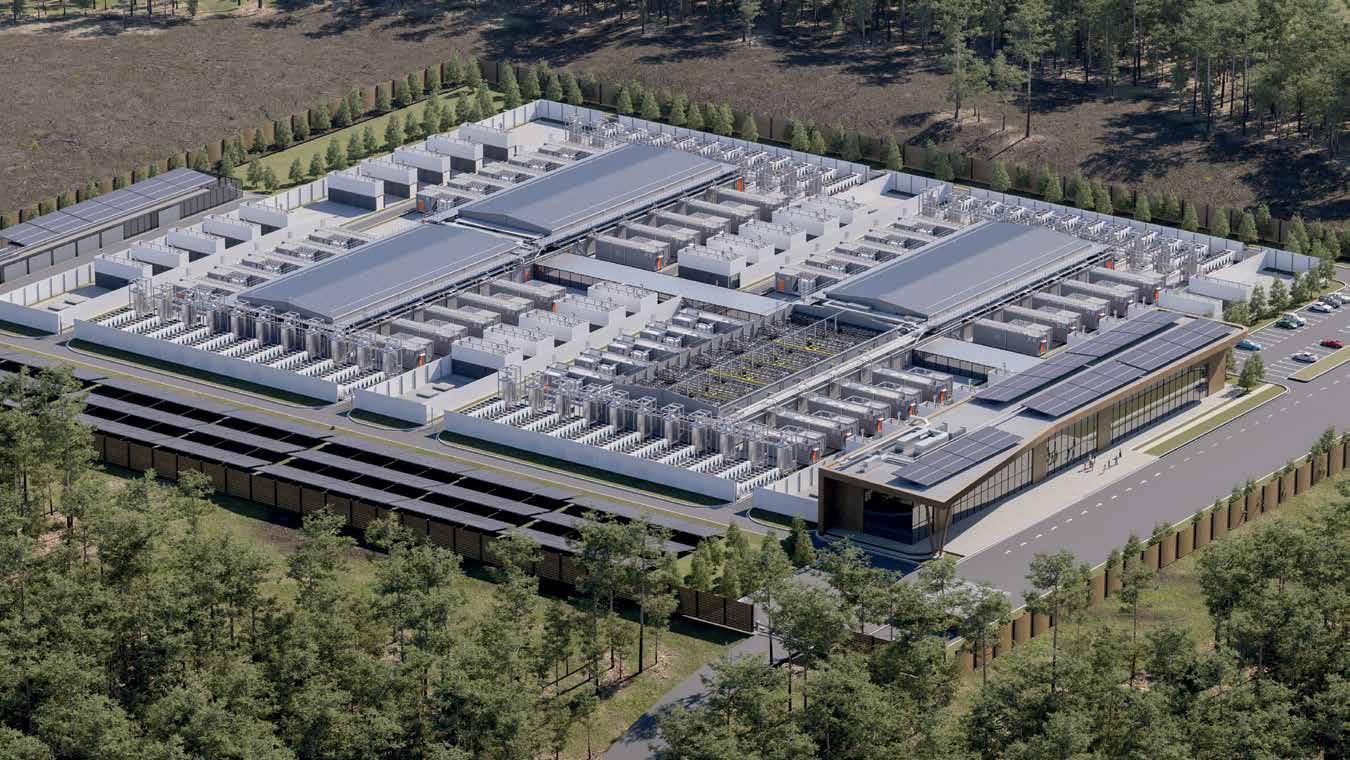
The Wialon Platform is a connected ecosystem that unites everyone involved in fleet management to create a unified, flexible environment that accelerates fleet digitalisation worldwide.
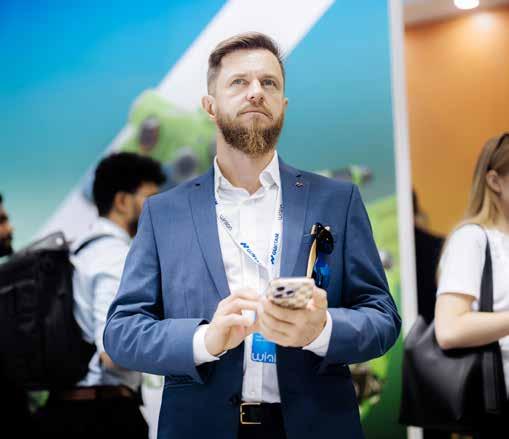
Wialon, a global fleet digitalisation platform developed by Gurtam, will present its latest innovation, the Wialon Platform, at GITEX Global 2025. The company will showcase end-to-end fleet solutions at the fleet
The Wialon Platform is a next-generation, nocode fleet digitalisation solution that empowers service providers and fleet operators to build and adapt systems faster.
The platform seamlessly connects thousands of hardware types and adapts to diverse regional regulations. With builtin tools for tachograph data, vehicle inspections, and performance analytics, the platform
enables fleets to simplify operations, ensure compliance, and scale efficiently.
More than just a tracking system, Wialon Platform is a connected ecosystem that unites everyone involved in fleet management. It empowers service providers to design and manage solutions for their clients, helps fleet managers run operations efficiently, and supports drivers in their daily work. Together, these tools create a unified, flexible environment that accelerates fleet digitalisation worldwide.
importer implemented Wialon’s driver-behaviour monitoring and video telematics across 150 trucks — cutting fuel costs by 23%, nearly eliminating accidents, and reducing traffic violations by 60%.
Together, these results underscore Wialon’s growing role in driving transport efficiency, safety, and digital transformation across the region — empowering fleets to achieve tangible performance gains through smarter technology.
Over the past year, Wialon has powered landmark projects that are reshaping logistics and transport operations across the Middle East. In the UAE, a collaboration with Transcorp helped modernise temperaturecontrolled last-mile delivery for Amazon and Carrefour. By integrating advanced tracking, video telematics, and sensorbased monitoring across 252 vehicles, Wialon improved next-day delivery rates to 98.2%, reduced mileage, and achieved five months of accident-free operation. In Lebanon, a major fuel
This compliance-enablement framework is designed to help organisations align with the UAE Cybersecurity Council’s newly published National Cybersecurity management hub from October 13–17.
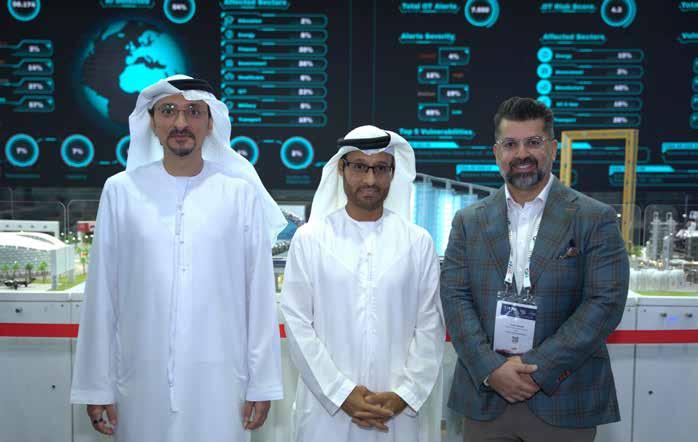
CPX Holding, a leading provider of end-to-end cyber and physical security solutions and services, recently announced the launch of UAEComply.360°, a comprehensive compliance-enablement framework designed to help organizations across various sectors swiftly align with the UAE Cybersecurity Council’s newly published
and updated National Cybersecurity Policies and the UAE Information Assurance (IA) Standard v2.0.
The Cybersecurity Council has officially released a new set of National Cybersecurity Policies, approved by the UAE Cabinet, aimed at enhancing the UAE’s cyber resilience across
Wialon has played a key role here by helping companies modernise operations, strengthen safety, and ensure compliance”. UAEComply.360°
all sectors. These policies, along with updates to existing key frameworks, are crucial for organisations striving to navigate the evolving cybersecurity landscape effectively.
H.E. Dr. Mohamed Al Kuwaiti, Head of Cyber Security for the UAE Government, said: “The new national cybersecurity policies by the UAE Cabinet signify a crucial milestone in our commitment to fortifying the nation’s digital defense system. This landmark adoption not only reinforces the UAE’s global leadership in cybersecurity but also enhances our efforts to safeguard digital infrastructure, boost cyber resilience, and promote international cooperation. As we navigate rapid technological advancements, these policies will empower us to effectively counter emerging threats and maintain our position at the forefront of innovation in the digital age”.
In light of the newly issued nine National
“MENA is one of the world’s most dynamic markets for fleet digitalisation — spanning energy, infrastructure, logistics, and public services. Over the past years, Wialon has played a key role here by helping companies modernise operations, strengthen safety, and ensure compliance. At GITEX, we’re excited to showcase the next stage of this journey — the Wialon Platform — and to meet partners and customers in Dubai to demonstrate how our ecosystem is turning data into safer, greener, and more efficient operations worldwide”, — Aliaksandr Kuushynau, Head of Wialon.
Cybersecurity Policies— including Data Exchange Security, Encryption, AI Security, and Cloud Security—organisations are confronted with increasing complexities, overlapping frameworks, and limited visibility of control alignment.
UAEComply.360° directly addresses these challenges by transforming fragmented compliance efforts into an integrated, measurable, and sustainable governance model.
“With the release of the updated UAE IA Standard v2.0 and the new National Cybersecurity Policies, organisations now require a faster and more structured path to compliance.
UAEComply.360° provides precisely that, with a standardised yet customisable approach that makes compliance achievable, scalable, and auditable”, said Hadi Anwar, CEO of CPX.
The launch of UAEComply.360° reinforces CPX’s commitment as a national enabler of cyber and physical security maturity. By offering a repeatable, outcome-driven model, CPX empowers both public and private organisations to transform compliance from a regulatory requirement into a strategic advantage.














































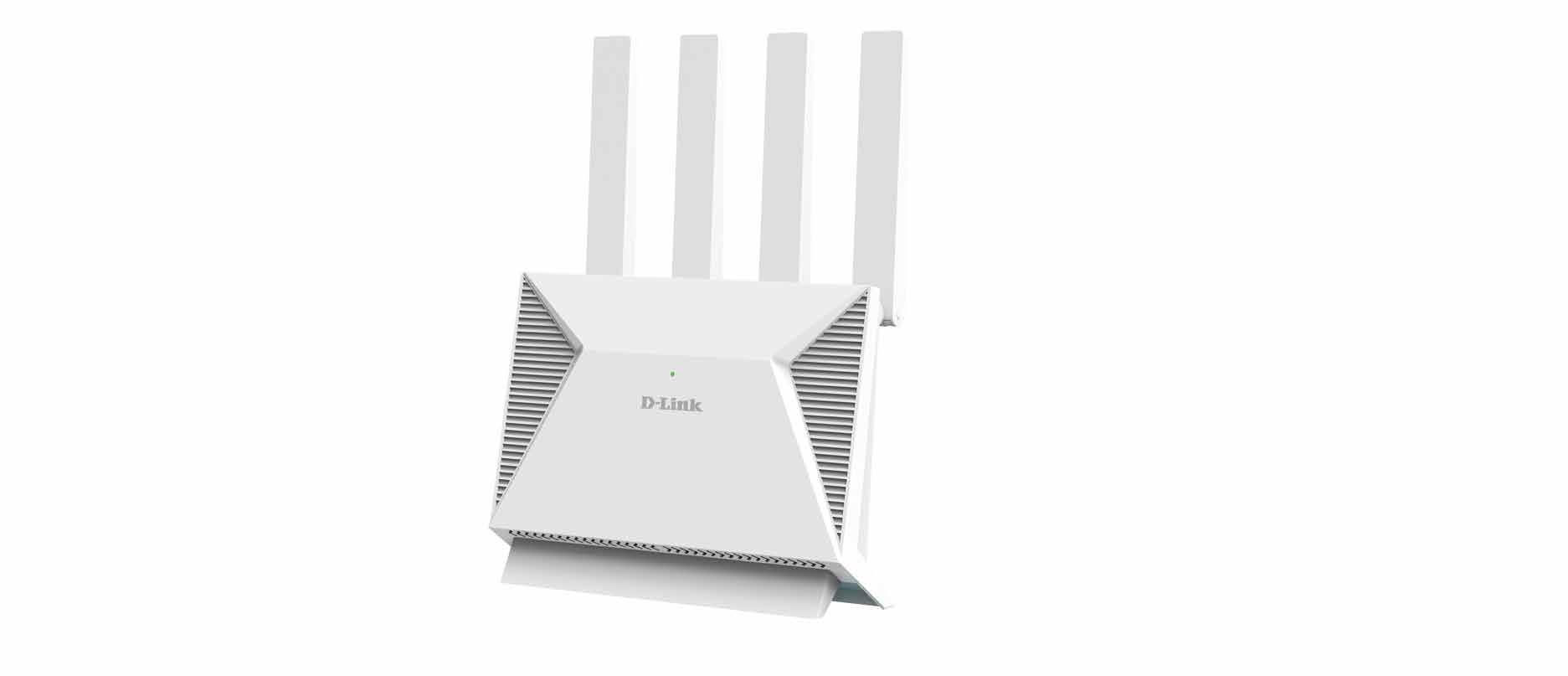

How is the Middle East’s first digital creative ecosystem delivering the vital bridge between talent and opportunity? At GITEX 2025, Veronica Martin spoke with Nizar Ahmadi, Founder & CEO of MADE, to discuss everything from AI-powered performance bookings to the quest for contentcreator empowerment.

MADE is positioned as the Middle East’s first digital platform connecting music, art, dance, and entertainment talents. From a technology standpoint, what makes MADE different from traditional talent marketplaces or social platforms?
MADE isn’t just another talent platform; it’s a purpose-built ecosystem reimagining how creativity connects with opportunity. Designed for the modern creative economy, MADE empowers artists to take full control of their visibility, pricing, and bookings. Instead of relying on agencies or third-party intermediaries, talents can now connect directly with clients in a fair, commissionfree environment that prioritises transparency and creative freedom.
MADE brings together everything an artist needs into one seamless digital experience, from
profile creation and video showcases to direct messaging and bookings.
Beyond performancebased fields such as music, art, dance, and entertainment, the platform also includes MADE to Sell, a creative marketplace where designers and visual artists can showcase and sell their products directly to audiences and event organisers. It’s an ecosystem built to turn creativity into real opportunities, where every connection leads to potential growth.
At the core of MADE’s innovation is its smart, data-driven technology. The platform unifies discovery, engagement, and bookings within a single digital workflow, with an upcoming layer of AI-powered content intelligence designed to evaluate quality, authenticity, and engagement. This ensures that talented, credible creators gain the visibility they deserve while helping clients find
the right fit with ease.
MADE stands as a new model for the creative industry, one where empowerment, accessibility, and transparency drive every interaction.
How does technology, such as AI, data analytics, or digital matchmaking, play a role in how MADE connects talents with opportunities?
Technology is what transforms MADE from a digital platform into a creative ecosystem. It’s not just about visibility; it’s about creating meaningful, datapowered connections that bring talent and opportunity together in smarter, more human ways. Through intelligent design and data insights, MADE understands what every artist brings to the table and what every client is searching for, whether it’s a DJ energising a stage, a sculptor curating a gallery experience, or
a performer adding emotion to a celebration.
Our technology was built to remove the barriers that slow down creativity. It gives every artist, regardless of background or experience, the same chance to be discovered. For talents, it means being seen for what they do best. For clients, it means finding the right match with clarity and confidence.
At the heart of MADE’s vision is the ambition to build a smart creative networking system powered by data analytics, and digital matchmaking, one that continuously learns and adapts to serve both talents and talent seekers better.
Looking ahead, MADE plans to introduce AIpowered evaluation systems that will analyse the quality, originality, and standards of talent profiles and uploaded content. This will help maintain authenticity, improve visibility
without intermediaries or commissions. This freedom is central to MADE’s promise of fairness and creative ownership.
Our longterm vision is to build a borderless creative network, a digital stage where technology and artistry coexist”
for top-performing creators, and ensure that clients discover credible, high-value talents. For talents, this means better exposure and recognition; for talent seekers, it means faster, smarter, and more reliable hiring, all powered by technology designed to make creative discovery effortless.
Ultimately, technology is the silent engine behind MADE’s purpose, to make creative discovery not just easier, but transformative. We’re not just building a platform; we’re building the future of how creativity connects.
User experience and accessibility are at the heart of any successful platform. What digital features or design principles have you implemented to make MADE simple, inclusive, and commission-free?
MADE was designed around the creative journey, simple, inclusive, and commission-free by design. From the moment a creator signs up, the experience feels intuitive and empowering. The platform allows talents to upload a 90-second showcase video that captures not just their skill, but their personality, making discovery authentic and human. Every creator sets their own rates and availability, connecting directly with clients
The app’s interface celebrates creativity through clean visuals, clear navigation, and adaptive design, ensuring accessibility for artists of all ages and digital literacy levels. Beyond performing arts, “MADE to Sell” expands this inclusivity to designers, painters, and visual creators, giving them a digital storefront to sell their work directly.
Features like smart search filters, genrebased discovery, and in-app messaging create a seamless, end-to-end experience. For those seeking more reach, the premium plan introduces tools such as Travel Mode, advanced filters, and boosted visibility, helping talents expand their network across regions.
At its core, MADE isn’t just built for the creative economy; it’s built around the creator. Every design decision reflects our mission to make creative opportunity accessible, equitable, and commission-free for all.”
As the UAE continues to establish itself as a regional creative and innovation hub, how is MADE aligning its expansion strategy with the country’s vision for the digital economy and creative industries?
The UAE’s vision to build a knowledge-driven, innovation-led economy deeply resonates with MADE’s mission. As a platform designed to empower creators, MADE embodies the same principles driving the nation’s creative transformation, inclusivity, digital innovation, and cultural exchange. By enabling artists to monetise their talents independently and connect directly with opportunities, MADE contributes to the UAE’s ambition of developing a self-sustaining creative economy where art, technology, and entrepreneurship coexist. Launching first in the UAE was a deliberate choice. The country’s world-class infrastructure, forwardthinking leadership, and cultural diversity make it the ideal environment to pioneer creativetech solutions. As MADE expands across Saudi Arabia, the GCC, and Egypt, we aim to

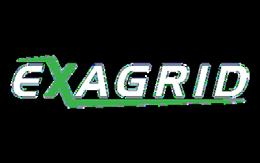





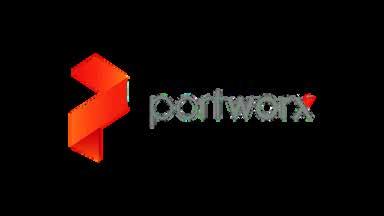
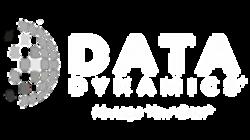

mirror this model of innovation, building digital ecosystems that nurture creative talent and strengthen regional collaboration.
Ultimately, MADE’s expansion isn’t just geographic, it’s cultural. We’re building a borderless creative network where regional talent can thrive, collaborate, and be celebrated globally, a vision that perfectly aligns with the UAE’s role as a bridge between creativity, technology, and the future economy.
The agreement establishes a strategic framework for long-term collaboration to align national innovation initiatives and support the UAE’s vision for a diversified, knowledge-based economy.
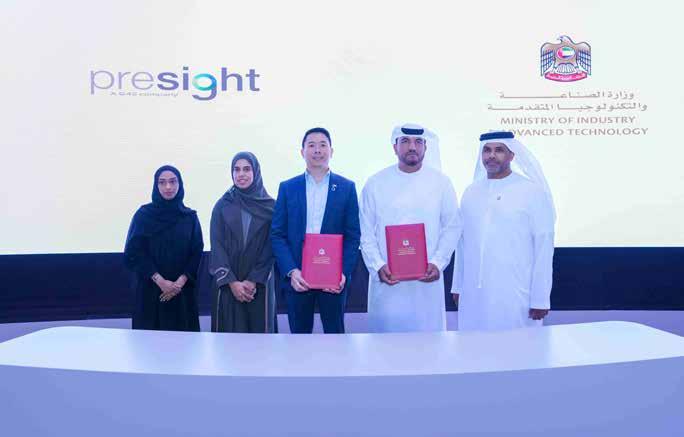
Abu Dhabi, UAE –October 16, 2025 –
Presight, a leading global AI and big data analytics company, recently signed a Memorandum of Understanding (MoU) with the UAE Ministry of Industry and Advanced Technology (MoIAT) to advance industrial innovation and enable high-impact startups to accelerate digital transformation across priority sectors in line with the UAE’s National Strategy for Industry and Advanced Technology, and Make it in the Emirates’ initiative.
Signed during GITEX Global 2025, the agreement establishes a strategic framework for longterm collaboration to


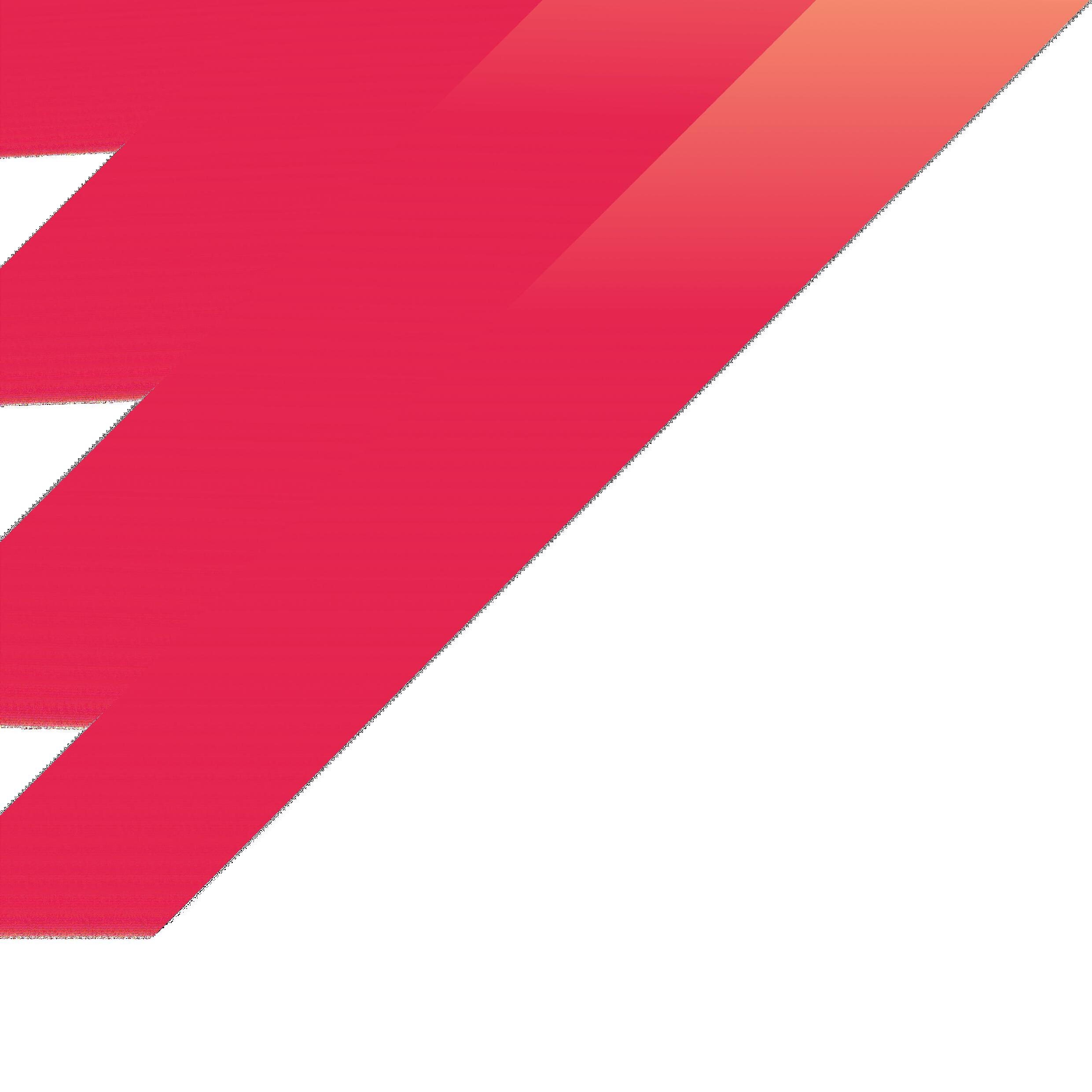

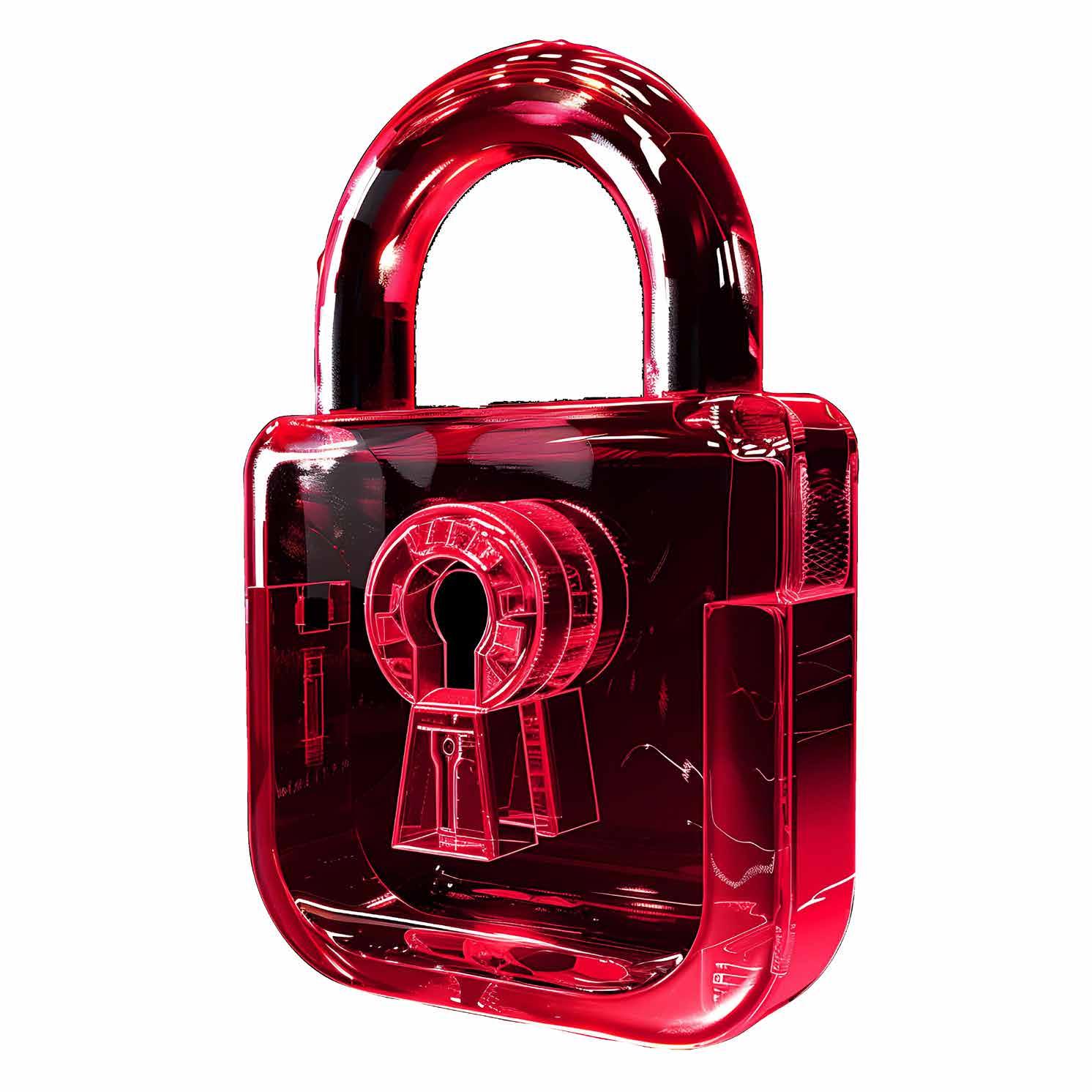
CNMEEditorMarkForkersatdownwithLarsKolendorf,Global VicePresident,atHPEArubaNetworking,duringGITEXGlobal 2025.Kolendorfexplainedtherealsignificanceoftheacquisition dealwhenitcomestotheglobalnetworkingspace,whilsthe alsoreinforcedtheimportanceofthenetworkwhenitcomesto AI,andhowtheirabilitytoanonymisedataonthenetworkwas oneofmanyofitskeydifferentiatorsinthemarketplace.
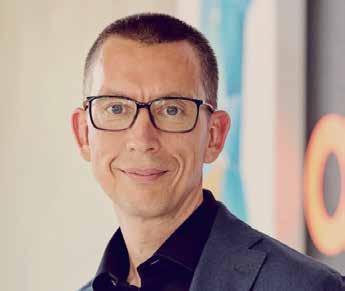
Kolendorf kickstarted the conversation by dissecting the importance of the $14bn acquisition of Juniper Networks and detailed the incredible transformation of its position as a global networking player since he joined the company in 2002.
“The acquisition of Juniper Networks has made us one of the global leaders in networking, which is in sharp contrast to the state of play when I first joined HPE 23 years ago. Back then, we were the 11th biggest player in the networking space, so it’s been quite the journey,” said Kolendorf.
Kolendorf stressed that whilst networking isn’t something that captures the imagination, he reemphasized its critical importance to the IT sector.
“Traditionally, networking in many respects has always taken a bit of a back seat, it maybe isn’t the most exciting component in the tech stack. However, when I’m having conversations with the C-suite, I always ask the question of what can you do if the network is not working? They pause and say you can’t do anything. You know everyone in the global tech ecosystem is talking about Nvidia and AI, but again AI is all about data, but you get your data from the network, so the network is crucial to everything. We had a good presence in networking,
but the acquisition of Juniper Networks has really taken us to another level, and it’s a very exciting time for us all,” said Kolendorf.
Acquisitions are complex, and can be very challenging, but even though the official merger only happened in July, the company is already making huge progress according to Kolendorf.
“Acquisitions are not easy, and it can take time to absorb a company into your own operations, but what we have done over the last 2 months is incredible to be honest. We’ve done things over the last few months that some vendors haven’t done in 10 years. We’re targeting the datacentre networking segment, which is connecting AI workloads and datacentres, and then you have the access side of the business. We had a vision, and we brought that to life in the form of our self-driving network. Our self-driving network is an AI-driven system that uses agentic AI to automate network optimisation with minimal human intervention, aiming to improve performance and user experience,” said Kolendorf.
We have an AIdriven secure networking platform, but we do understand our customers have different sovereignty needs.”
highlighted their ability to anonymise data on the network.
Agentic AI is all the rage at the minute, and it dominated conversations at GITEX Global 2025.
As aforementioned above, HPE self-driving network has agentic AI features.
Many cybersecurity practitioners have expressed concern that many enterprises could let agents run wild across the network, and as a result create chaos when it comes to securing the network.
However, Kolendorf explained the role their agents play on their platform and also
“Deploying agents across the network creates challenges, there is no doubt about that. We have talked about the benefits, but it can create security issues if not deployed correctly. It is also a cloud conversation to be honest. We have an AIdriven secure networking platform, but we do understand our customers have different sovereignty needs. We adopt different approaches depending on the specific requirements in each country. What we also do that differentiates us is that when we get the data on our network, we anonymise the data. So, even if someone got access to it, which we guardrail and secure against, but if someone did access that data it’s all anonymised. That essentially means that the impact is significantly nullified if there is a breach. The agent is only capable of doing something on the network that we allow it to. It’s not able to get outside of the network and do something else, so that approach secures our Agentic AI offering,” said Kolendorf.
